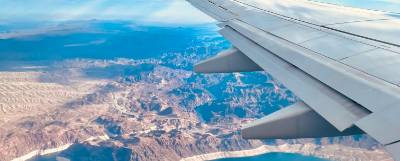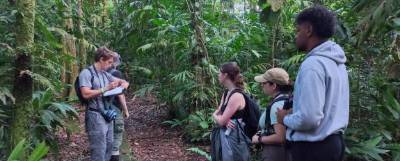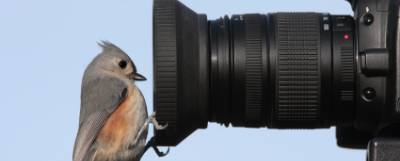Study Abroad
ESF Study Abroad is devoted to making transformational international experiences accessible to all ESF students regardless of major, cost, identity, or other defining factors. We do this by working with students on an individual basis to find the opportunities that best fit their personal needs and goals.
In this section, you’ll find resources to help get you started!

Programs
From individual courses to semester exchanges, ESF provides diverse study abroad options.

Scholarships
Study abroad experiences are often made significantly more affordable with scholarships — see what you qualify for today.

Accessible For All
We’ve worked hard to address concerns you may have as you consider studying abroad. Check out our resources, or reach out directly to discuss in person.

Student Experiences
Study abroad is a once-in-a-lifetime experience, but don’t take our word for it. Hear from your peers about their incredible experiences across the globe.

Know Before You Go
Your application to study abroad has been approved. Next up — tips for getting organized, learning about your destination country, preparing for your transition back.

Photo Contest
Once you’ve settled in, back on campus, look through your photo library and submit those epic moments to the study abroad team. You could win!
“We only know a tiny proportion about the complexity of the natural world. Wherever
you look, there are still things we don’t know about and don’t understand. There are
always new things to find out if you go looking for them.”
— David Attenborough
Not Sure Where to Start?
Schedule a Meeting with the Study Abroad Team

